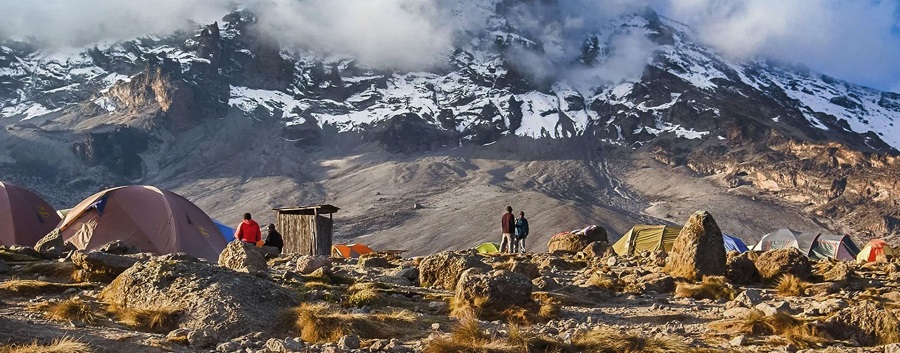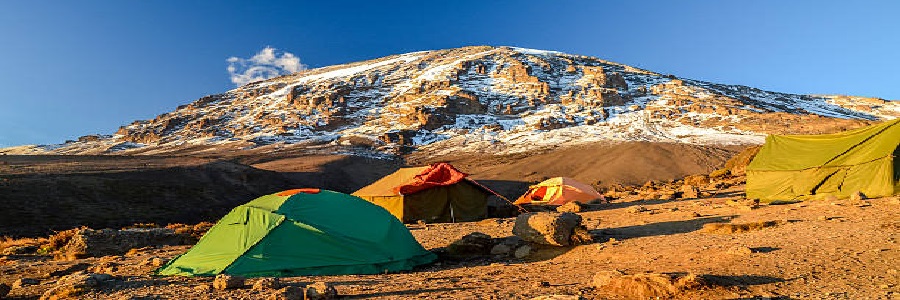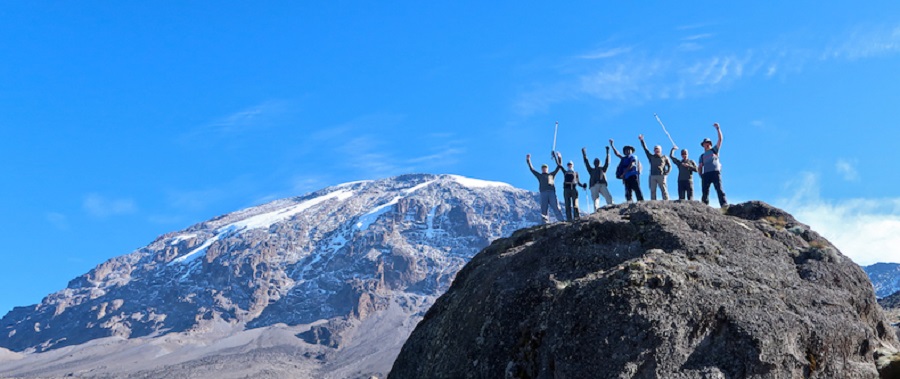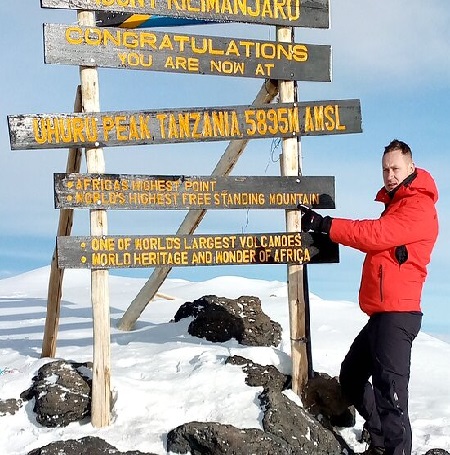










Tour guides are distinguished by their extensive knowledge of the destinations they lead tours through, which allows them to provide enriching experiences for travelers. With their effective communication skills, they engage with groups of varying sizes, ensuring that everyone receives valuable insights and enjoys the journey. Additionally, their meticulous organization and adaptability enable them to handle any unexpected challenges that may arise during the tour, maintaining a seamless and enjoyable experience for all participants. Alongside their patience and empathy towards guests, tour guides prioritize inclusivity and safety, fostering a welcoming atmosphere where everyone feels valued and secure. Their genuine passion for sharing their expertise and enthusiasm for exploration shines through, infusing each tour with energy and authenticity, leaving a lasting impression on all who embark on the adventure. In representing their company or destination, tour guides exhibit professionalism and respect, serving as ambassadors who uphold the highest standards of hospitality and integrity.
i. Every tour guide should be Organized
ii. They should be able to handle the crisis
iii. Each group should have 2 guide which is Punctual
iv. They also should be very Patient and safety through make sure to check blood pressure and oxygen saturation all the way through climb
v. Guides must have ability of speaking frequent English
1. Every Tour Guide should be Organized
Certainly! An effective tour guide must possess strong organizational skills to orchestrate a seamless and enjoyable experience for their guests. This entails meticulously planning itineraries, coordinating logistics, and ensuring all necessary resources are readily accessible. Being organized allows the tour guide to anticipate and address potential challenges, maintain punctuality, and provide accurate and engaging commentary throughout the tour. By efficiently managing time, resources, and information, an organized tour guide can enhance the overall quality of the tour and leave a lasting positive impression on their guests.
2.They should be able to handle the crisis
"They should be able to handle the crisis," they're indicating an expectation or belief that a particular individual, group, or organization possesses the requisite abilities and resources to effectively confront and manage a challenging or emergency situation as it arises. This entails having the necessary skills, knowledge, experience, and strategic thinking to assess the crisis, make informed decisions, and implement appropriate actions to mitigate its impact. It also suggests an ability to remain composed under pressure, to adapt to evolving circumstances, and to mobilize available resources efficiently to address the challenges at hand. Essentially, it reflects confidence in their capacity to respond effectively, minimize harm, and potentially even find opportunities for growth or positive outcomes amidst adversity.
3.Each group should have 2 guide which is Punctual
As punctuality guides, your primary objective is to ensure our team operates smoothly and efficiently by fostering a culture of timeliness and reliability. Your responsibilities include setting an example of punctuality, sending reminders, offering support to those struggling with timeliness, assisting in time management strategies, addressing any related issues, and providing feedback and recognition. Through your dedication, you'll help cultivate an environment where respect, responsibility, and productivity thrive.
4.They also should be very Patient and safety through make sure to check blood pressure and oxygen saturation all the way through climb
"They should also demonstrate exceptional patience, understanding the importance of maintaining a calm demeanor even in the face of adversity. Their dedication to safety is unwavering, as they meticulously check climbers' blood pressure and oxygen saturation levels at regular intervals throughout the ascent. This continuous monitoring ensures the well-being of climbers, mitigating potential risks and ensuring a safe and successful climb to the summit.
5.Guides must have ability of speaking frequent English
Proficiency in spoken English is a crucial skill for guides as it enables effective communication with tourists from diverse linguistic backgrounds. Guides serve as the primary point of contact, providing essential information, instructions, and historical context during tours. Clear and articulate communication in English ensures that tourists can fully comprehend and engage with the content of the tour, enhancing their overall experience. Moreover, English fluency allows guides to address inquiries, offer assistance, and ensure the safety of tourists throughout the duration of the tour. By possessing strong English-speaking abilities, guides can establish rapport with tourists, fostering a positive and inclusive atmosphere that promotes cultural exchange and understanding.
Knowledgeable
The first characteristic of local guides he should have enough knowledge about what he wants to explain to clients about all questions they could ask. There are many choices for clients when they decide to climb Kilimanjaro. Thus, the guides must ensure that their clients satisfy with the service they provided. Therefore, it is of the utmost importance that your expectations are met or exceeded. Also, the guides should be hard worker. In case of hard work not only the guides but also all other staff and. And also company should ensure guides maintain a high level of professionalism while still keeping the knowledge fun for the clients in order to make them feel happy and be the opportunity or chance for another time to travel with such company.
High experience of providing fist aid
Tour companies they should ensure their clients are being safe from the starting point up to top of the mountain. This including hiring the guides with enough experience about health service when someone get injury or has the symptoms of mountain sickness. Your safety is the highest priority for any tour company. And they should ensure they put the lives of their clients on their hands in order to make them trust your service when comes to another time. Company should make sure that they provide quality first aid equipments or gears or tools to make critical medical and evacuation decisions.
Skilled capability
Skilled capability refers to the proficiency, expertise, and competence possessed by an individual or a group in performing specific tasks or activities. It implies having the necessary knowledge, experience, and training to execute tasks effectively and efficiently, often resulting in high-quality outcomes. Skilled capabilities can be developed through education, training, practice, and hands-on experience, and they are essential for success in various fields and industries.
Representing community cleverness
Representing community cleverness involves acknowledging and valuing the collective intelligence, creativity, and problem-solving capabilities within a community. It means recognizing that individuals within a group possess diverse skills, knowledge, and perspectives that can be harnessed to address challenges, innovate solutions, and foster positive change. This approach emphasizes collaboration, inclusivity, and empowerment, where community members are actively engaged in decision-making processes and problem-solving activities to enhance the well-being and resilience of the community as a whole.
Influence others
"Influencing others is the art and science of persuading, inspiring, or guiding individuals or groups to adopt a particular viewpoint, take specific actions, or achieve desired goals. It encompasses a diverse set of skills and strategies, including effective communication, active listening, empathy, negotiation, and leadership. Successful influencers possess the ability to understand the perspectives and motivations of others, tailor their message accordingly, and build meaningful connections and rapport. By leveraging their charisma, expertise, and interpersonal skills, they can navigate complex social dynamics and exert a positive influence on the thoughts, behaviors, and decisions of those around them."
Confidence
Confidence, often synonymous with self-assurance, is a fundamental aspect of one's mindset and demeanor. It embodies a sense of trust in oneself, fostering a belief in one's capabilities and worth. Confidence is not merely an absence of doubt or fear but rather a proactive stance towards life, characterized by resilience, assertiveness, and positivity. It empowers individuals to embrace challenges, take calculated risks, and pursue their aspirations with vigor and conviction. This inner strength enables individuals to navigate through life's uncertainties and setbacks with grace and determination. Confidence is a quality that can be nurtured through self-reflection, practice, and personal growth endeavors, ultimately enhancing both personal and professional fulfillment.
Ability of solving any problem in case of emergency
TEmergency problem-solving is the capacity to swiftly and effectively address unexpected challenges or crises as they arise. It involves staying calm under pressure, quickly assessing the situation, identifying viable solutions, and implementing them decisively to mitigate the emergency's impact and ensure safety and stability. This ability often requires adaptability, critical thinking, and resourcefulness to navigate unforeseen circumstances and achieve favorable outcomes in high-stakes situations.